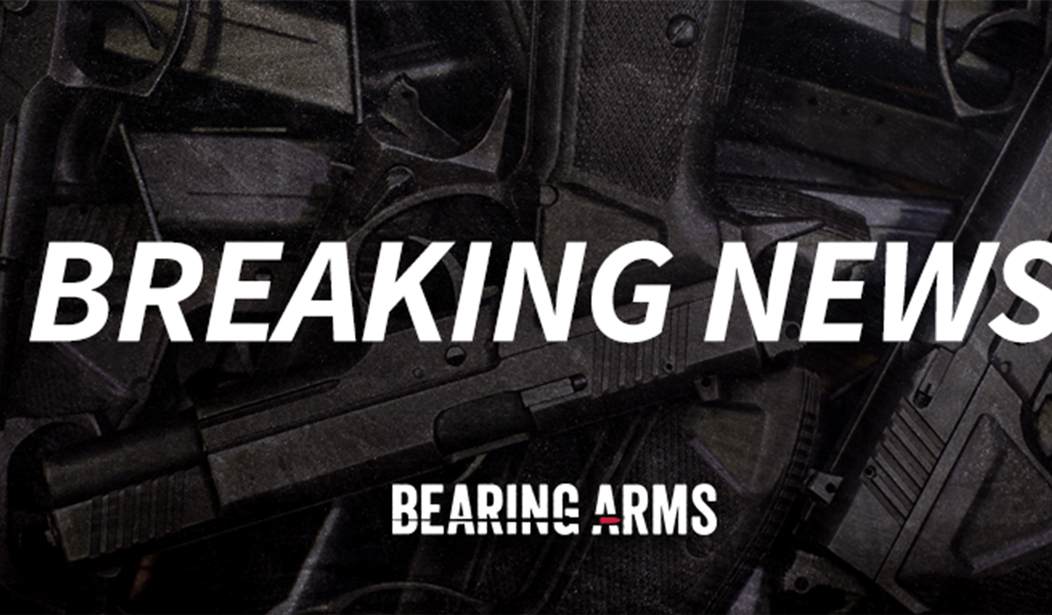When the Bipartisan Safer Communities Act passed, it really looked like much of nothing had been accomplished. The big selling points were a few different measures that, frankly, didn't seem to really be much of anything. They were infringements on the Second Amendment, but considering all the fuss being made over the bill passing, they weren't as bad as they could have been.
But I was very wrong.
Hidden in the text was a bit that basically paved the way for bigger and more intrusive restrictions. In particular, a bit that seemingly set the stage for universal background checks via executive fiat.
And, well, it seems that it's now here.
The Biden Administration on Thursday announced they are closing what is often known as the "gun show loophole," by tightening up the definition of what it means to be "engaged in the business" of selling firearms.
The Bureau of Alcohol, Tobacco and Firearms (ATF) has just implemented a change in the federal register language, which was previously more specific to who was selling guns, and the agency did it in accordance with the Bipartisan Safer Communities Act, which was passed in 2022.
The administration rolled out the proposed rule in September 2023, taking in over 300,000 comments from the public.
Prior to the passage of the Bipartisan Safer Communities Act, those "engaged in the business" of firearms dealer were required to register to become a federally licensed firearm dealer, according to the language previously used. The definition that ATF is implementing on Thursday is more specific to better regulate the market in accordance with the new federal law, according to the White House.
The rule now explicitly lists the types of commercial activities that indicate whether a person should become a federally licensed dealer and thus be required to run a background check; prevents people from evading the licensing and background check requirements by claiming that they are just selling a few guns, according to the White House; and prevents people from falsely claiming that guns are part of a personal collection and exempt a seller from running a background check on a buyer.
The problem is that we already read the proposal. It basically makes it impossible for a law-abiding individual to sell a gun privately without a background check without running the risk of prosecution.
The definition of a commercial transaction was changed to basically argue that unless you take a financial loss on the gun, you're a dealer. Of course, that leaves a lot open to interpretation. If you bought the gun 20 years ago and the fair market value used is a number greater than what you paid for it back in 2004, is that really making a profit? Inflation is a thing, after all, but will that be taken into account?
In theory, there are still ways to transfer a firearm without being forced to use an FFL to conduct a background check, but there are going to be risks involved.
What the Biden administration doesn't seem to get is that the so-called gun show loophole was always a great big nothing. It's not how bad guys got guns for the most part. Criminals aren't walking into gun shows and looking for the one table that's just some guy trying to unload his collection. Hell, I've been to countless gun shows where there wasn't any such table set up.
Then again, this isn't really about stopping criminals from getting guns. It never has been.
This is about making things more onerous for law-abiding, responsible citizens who want to buy and sell pieces of their collections to other law-abiding, responsible citizens. It's about making it took risky for us not to go through an FFL, thus creating a paper trail that can, in time, potentially be turned into a gun registry.
Criminals will keep buying and selling guns as they have been. They're not even going to notice the difference.
For what it's worth, I look forward to the inevitable lawsuits.







Join the conversation as a VIP Member